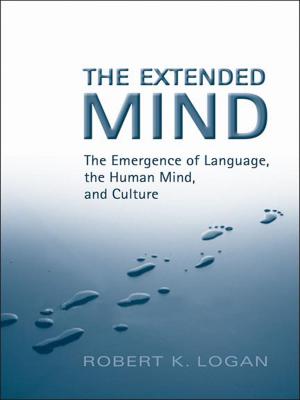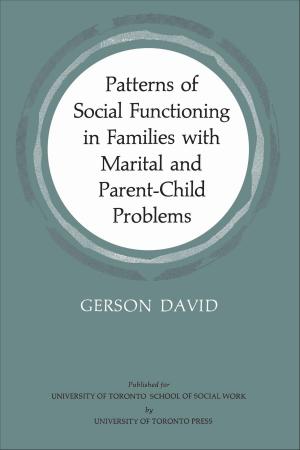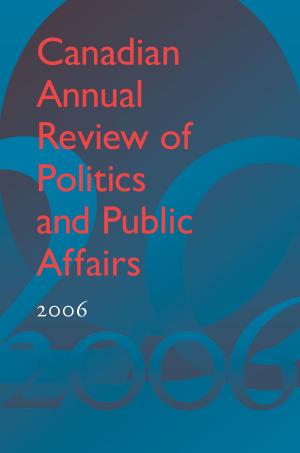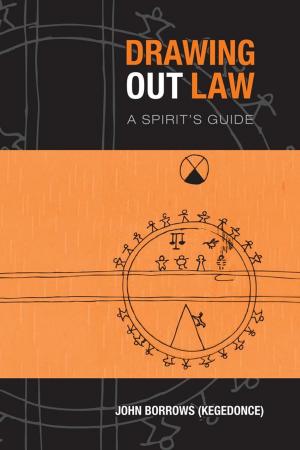| Author: | Fernand Dumont | ISBN: | 9781442638464 |
| Publisher: | University of Toronto Press, Scholarly Publishing Division | Publication: | December 15, 1974 |
| Imprint: | Language: | English |
| Author: | Fernand Dumont |
| ISBN: | 9781442638464 |
| Publisher: | University of Toronto Press, Scholarly Publishing Division |
| Publication: | December 15, 1974 |
| Imprint: | |
| Language: | English |
This book was first published in French in the wake of events which have come to be known in Quebec as the 'October crisis of 1970.' Yet this crisis was simply one particularly spectacular episode in the recent history of Quebec. The province has been shaken repeatedly in the last ten years: it has passed, in the author's view, from at least apparent religious unanimity to rapid dechristianization, from ignorance to massive schooling from Mr Duplessis to the independence movement, from the protest of Cité libre to the ascendancy of Mr Trudeau ... but the events of October 1970 have led Quebeckers to query with more anguish thanever before the meaning of the chaotic state of flux in which they live.
Fernand Dumont, a sociologist, takes up this search from a personal standpoint. Rather than propose a theory, he attempts a reconstruction of recent Quebec history from the inside. The first three sections reflect the itinerary of a private conscience in quest of a native land and of a form of socialism suited to Quebec. The fourth section is devoted to the October crisis. This book is part of the broader process in which Quebeckers are engaged – attempting to arrive at a deeper understanding of their roots and collective existence in order to forge a better society. Fernand Dumont is perhaps the most sensitive and influential conscience at work in Quebec, and indeed Canada, today.
Also included is 'A letter to my English-speaking friends,' which urges English-speaking Canadians to join in genuine dialogue with French-speaking Canadians. Dumont's thoughtful reflections on Quebec's social and political life invite 'les Anglais' to a new view of Quebec.
This book was first published in French in the wake of events which have come to be known in Quebec as the 'October crisis of 1970.' Yet this crisis was simply one particularly spectacular episode in the recent history of Quebec. The province has been shaken repeatedly in the last ten years: it has passed, in the author's view, from at least apparent religious unanimity to rapid dechristianization, from ignorance to massive schooling from Mr Duplessis to the independence movement, from the protest of Cité libre to the ascendancy of Mr Trudeau ... but the events of October 1970 have led Quebeckers to query with more anguish thanever before the meaning of the chaotic state of flux in which they live.
Fernand Dumont, a sociologist, takes up this search from a personal standpoint. Rather than propose a theory, he attempts a reconstruction of recent Quebec history from the inside. The first three sections reflect the itinerary of a private conscience in quest of a native land and of a form of socialism suited to Quebec. The fourth section is devoted to the October crisis. This book is part of the broader process in which Quebeckers are engaged – attempting to arrive at a deeper understanding of their roots and collective existence in order to forge a better society. Fernand Dumont is perhaps the most sensitive and influential conscience at work in Quebec, and indeed Canada, today.
Also included is 'A letter to my English-speaking friends,' which urges English-speaking Canadians to join in genuine dialogue with French-speaking Canadians. Dumont's thoughtful reflections on Quebec's social and political life invite 'les Anglais' to a new view of Quebec.















